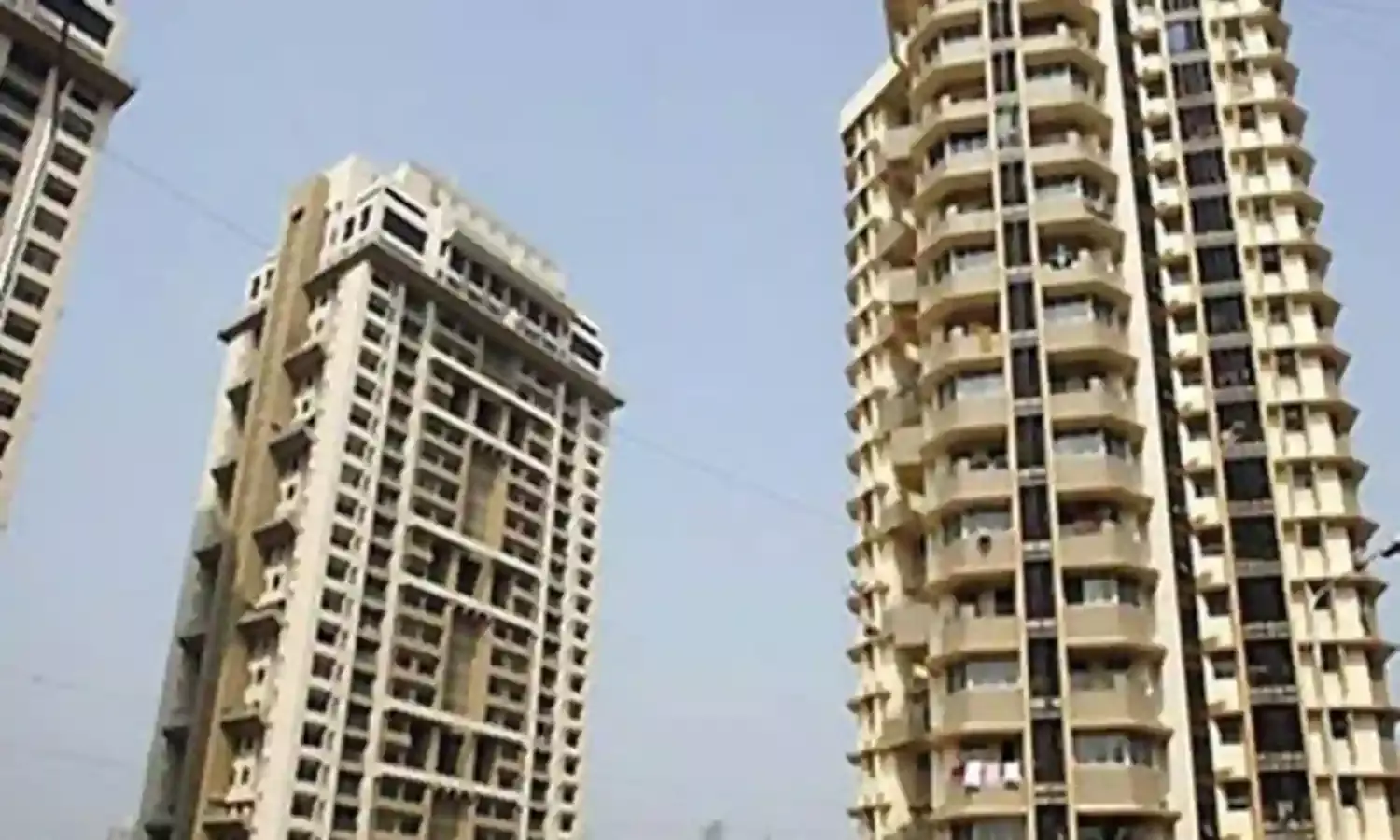High Level Collusion to Build High Rise Apartments Near Delhi University?
How could the DMRC sell land acquired for a public purpose to a private builder?
The proposed construction of a 39-storey private high-rise apartment building in an educational area, Delhi University’s North Campus, raises several questions of legality, the security and integrity of DU, and major environmental concerns.
In 2001 the Delhi government acquired the three-acre plot of land in question, from the Ministry of Defence, to construct the DU metro station.
The land was purchased for public use. The Delhi Metro Rail Corporation reportedly used ₹42.4 crore of public money to acquire it. Subsequently, the DMRC allegedly sold the land to a private builder for ₹218 crore.
How could the DMRC sell land acquired for a public purpose to a private builder?
The credibility of the Mumbai Metro Rail Corporation in felling over 2,000 trees in Aarey for a metro car shed project has already been questioned. If a 39-storey private building comes up, for which trees have already reportedly been cut, then the DMRC’s credibility will also be questioned by young students and environmentalists.
The land falls within the Delhi University’s academic area. The university moved the High Court in 2012 but lost the case before a single-judge bench in 2015. The judge ruled that the area does not fall under North Campus.
DU then appealed the order in the High Court itself, after waiting three years. Whereas letter patent appeals need to filed within 30 days of the order. Sure enough, the two-judge bench dismissed the petition, questioning the delay on DU’s part.
Why did DU wait three years to file an appeal?
The proposed construction will come up near national heritage sites like Gwyer Hall, the Vice-Chancellor’s office and Gandhi Bhawan. The Vice-Chancellor’s house is attached with the disputed land. There are six girls’ hostels near this building. The DRDO office and the Lieutenant-Governor’s office are also nearby.
The area is an educational area and a high-security zone. Constructing such a large private building here violates three points of Clause 11 of the Delhi Master Plan 2021.
This clause mandates restrictions on tall buildings in important areas like Lutyen’s Bungalow Zone, Civil Lines, and North Campus. In the case of urban extension, areas for specific urban design projects and tall buildings should be identified. The design must also reflect respect to pedestrians and differently abled persons.
Here, however, the safety and accessibility of differently abled persons and pedestrians will be definitely under the threat.
The long demand that North Campus should be an infrastructurally closed campus will be never possible if the private building is built. The idea of a closed campus is also elaborate in the Delhi Master Plan 2021.
The project also falls in a silent zone, as it is stationed within 100 metres of DU, an educational institution, and the Vallabhbhai Patel Chest Institute, a super speciality hospital for pulmonary diseases.
Ironically, in the present situation, students cannot protest within a 100 metre radius of the North Campus Administrative Block. But a 39 storey private building can be built!
While granting environment clearance to construct what will be the tallest building in Delhi under the proposed project, it can be seen that the impact it will have on the level of air and noise pollution was blatantly ignored by the State Environment Impact Assessment Authority. Nor were waste disposal considerations taken into account in any manner.
The state government’s Department of Forests issued permission to Young Builders Pvt. Ltd. to remove 156 trees at the construction site. The National Green Tribunal taking cognisance issued a letter to the North Delhi Municipal Corporation. Now, the matter is in the Supreme Court through a special leave petition.
Yet the company started construction over two months ago.
Meanwhile, the students of Delhi University are living in fear. They have been raising their voice through protest, but the issue is worth thousands of crores of corporate and administrative interest.
So, instead of delaying the issue, the intervention of the prime minister’s office is necessary. The Vice-Chancellor of Delhi University and many other authorities have already written to the PMO and the Ministries of Defence and Housing and Urban Affairs.
Many DU students have already proposed that instead of a 39-storey private building, a hostel should be built, following all regulations, for the marginalised classes of Delhi University.
Raja Choudhary is a law student at the University of Delhi and a former DUSU presidential candidate.
(Cover Photo: Representational Image)





